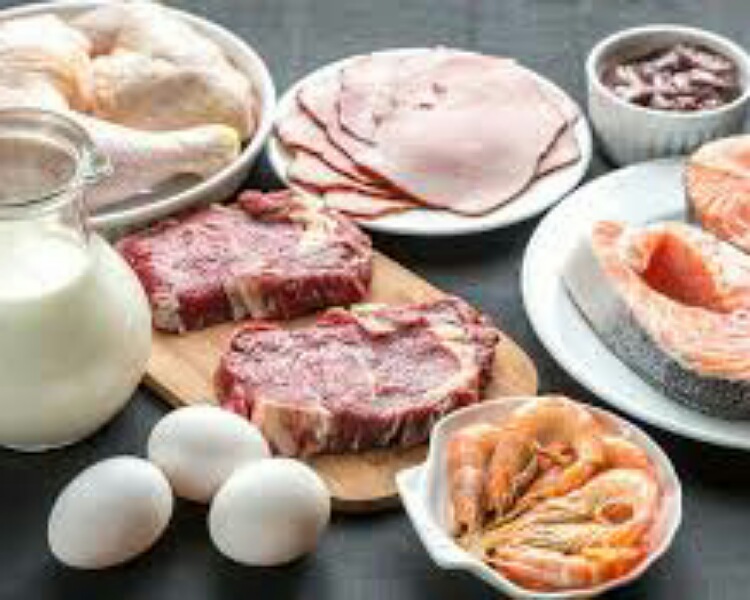Adequate proteins are mandatory for health. They perform a number of essential functions in the body. In the USA, most people acquire their daily protein requirements through meat, fish, poultry and eggs. But people who follow a plant based diet might face problems of inadequate protein intake. How should one ensure an adequate protein intake daily?
Proteins and food
Proteins are an essential component of foods that are required to carry out several functions of the body. They are the building blocks of every cell in the body. They are part of connective tissue and muscles. And they help in buildup and repair of the muscles. Moreover, they are also needed for bone formation. The various enzymes and hormones of the body require proteins and amino acids. If this is inadequate, there will be a strike of the various vital functions of the body including energy production. Health organizations state that every individual should have at least 0.5 to 0.8 grams of protein per kg body weight per day. Children and athletes and those recovering from sickness need more.
Animal foods have high protein and this is complete and in a highly bioavailable form. But plant foods have relatively less protein and these are lacking in some amino acids and are not as bioavailable as that in animal foods. How to ensure an adequate protein intake daily?
Ways to ensure an adequate protein intake per day
Try variety of plant proteins
Animal sources of protein have more and complete proteins. The essential amino acids are present in almost all of them. But plant foods have lesser protein per serving and also they are not complete as regards the essential amino acids in them. Hence, dietitians recommend adding a variety of plant foods so that the daily needs of essential amino acids and proteins can be met. Rotate and have more of legumes, nuts, seeds, whole grains, etc. Oats, quinoa, brown rice, and local millets are all rich in proteins and fiber and good for health.
Have milk and milk products

Milk has protein as well as vitamins and minerals. Consume it daily and increase the amount consumed gradually so that your body gets the required proteins per day. The milk products such as cheese, yoghurt also contain proteins, calcium, phosphorus, B vitamins etc. Having them in the daily diet is good for the bones, muscles and various enzymes of the body.
Add animal proteins in moderation
Have animal foods such as meat, fish, eggs but in moderation. Because they have great amounts of protein but also saturated fats. The latter are harmful for the body.

Protein supplements
These are quick and easy ways to meet the daily protein requirements. These are good for people who are unable to have enough proteins in their daily diet due to some reason.
Protein shakes
In this, there is milk, fruit juice and the protein powder. It is easy way and also convenient to procure proteins. Ideal for athletes, and busy or sick people.

Eat proteins followed by carbs
Eating carbs first can lower your appetite. And hence you may not take enough proteins afterwards. Therefore it is best to first consume the protein rich food and later the carb rich food.
Read more: 4 best high-protein snacks for people above the age of 50 years!
Have proteinaceous food in every meal
Ensure that you are taking some protein with every major meal of the day. Additionally, one can keep protein rich snacks in between of during the late afternoon.
